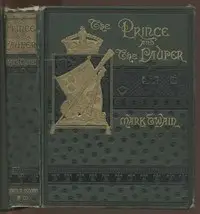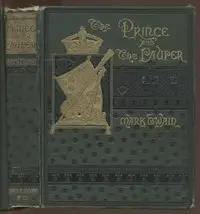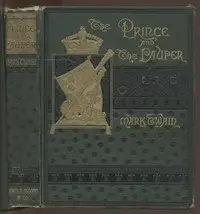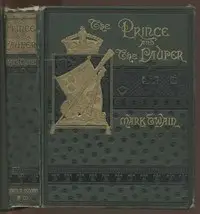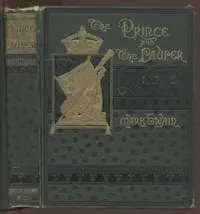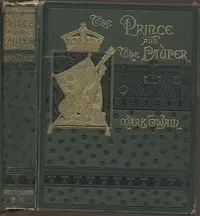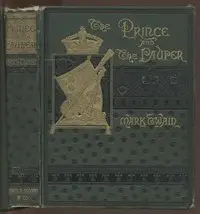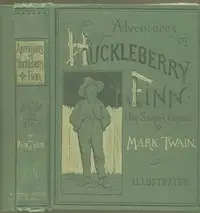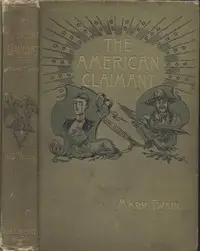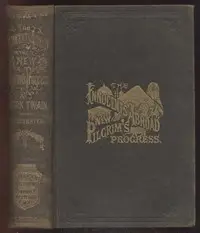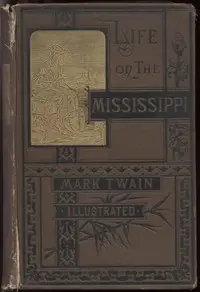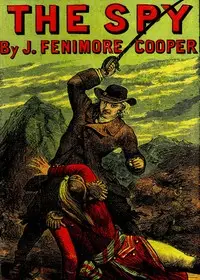"The Prince and the Pauper, Part 4" by Mark Twain is a historical tale where two boys, a poor child named Tom Canty and Edward, the Prince of Wales, find their lives swapped in an unexpected turn of events. Exploring themes of social class, identity, and what it truly means to be royal, the story follows them as they navigate each other's worlds. As Miles Hendon, a noble and caring man, shields the young, lost prince from danger, the boys confront the harsh truths of their new lives in London, while Tom, now king, struggles with the overwhelming responsibilities and pressures of royalty, finding the role absurd. All the while, Miles Hendon will protect the prince from his father, and with each act of bravery, their bond strengthens amidst the disorder.
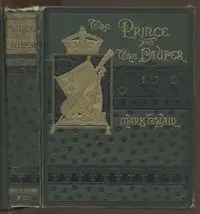
The Prince and the Pauper, Part 4.
By Mark Twain
Two boys switched at birth face unexpected challenges when they switch places, one thrust into royalty and the other into the life of London's poor.
Summary
About the AuthorSamuel Langhorne Clemens, known by the pen name Mark Twain, was an American writer, humorist, and essayist. He was praised as the "greatest humorist the United States has produced," with William Faulkner calling him "the father of American literature." Twain's novels include The Adventures of Tom Sawyer (1876) and its sequel, Adventures of Huckleberry Finn (1884), with the latter often called the "Great American Novel." He also wrote A Connecticut Yankee in King Arthur's Court (1889) and Pudd'nhead Wilson (1894) and cowrote The Gilded Age: A Tale of Today (1873) with Charles Dudley Warner.
Samuel Langhorne Clemens, known by the pen name Mark Twain, was an American writer, humorist, and essayist. He was praised as the "greatest humorist the United States has produced," with William Faulkner calling him "the father of American literature." Twain's novels include The Adventures of Tom Sawyer (1876) and its sequel, Adventures of Huckleberry Finn (1884), with the latter often called the "Great American Novel." He also wrote A Connecticut Yankee in King Arthur's Court (1889) and Pudd'nhead Wilson (1894) and cowrote The Gilded Age: A Tale of Today (1873) with Charles Dudley Warner.

